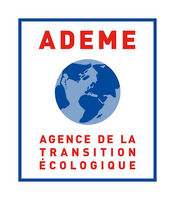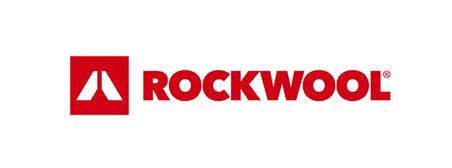Search eceee proceedings
Climate City Contract as an innovative governance tool for the Mission on Climate-Neutral and Smart Cities
Panel: 3. Policy, finance and governance
This is a peer-reviewed paper.
Authors:
Anna-Karin Stoltz, The Swedish Energy Agency, Sweden
Emina Pasic, Energimyndigheten, Sweden
Erika Brokvist, Energimyndigheten, Sweden
Abstract
Climate transition puts the traditional organization and governance of our societal institutions as well as our democratic system on the edge. To cope with the radical transition that we need in a short amount of time, the EU Mission Climate-Neutral and Smart Cities emphasizes the need for increased cooperation between local authorities, citizens, businesses, investors, as well as regional and national authorities. Therefore, the Mission aims to deliver 100 Climate-Neutral and Smart Cities by 2030 and ensure that these cities act as experimentation and innovation hubs to enable all European cities to follow suit by 2050.
To achieve these aims the Swedish Innovation Programme Viable Cities has developed the Climate City Contract as a tool for system transformation and governance innovation. The Climate City Contract is a signed agreement of joint forces by local and national authorities. Starting with nine Swedish cities signing the Climate Contract in 2020, there are now 23 cities that together with the Swedish Energy Agency, Swedish Innovation Agency (Vinnova), the Swedish Research Council for Sustainable Development (Formas), the Swedish Agency for Economic and Regional Growth and The Swedish Transport Administration work in a co-creative and interactive learning process to find joint ways to accelerate climate transition.
Cities are the place where decarbonization strategies for energy, transport, buildings and even industry and agriculture coexist and intersect. The climate emergency must be tackled in a holistic view including health and social aspects within cities and by engaging citizens who are not only voters but also users, producers, consumers and owners.
These new forms of multi-level governance and co-creative collaboration processes put research and innovation into a new role aiming to build a common ability to meet major societal challenges and to unlock our full potential as people at a time of both digitization and automation. In this paper we will present our first experiences and learnings working with the development of Climate City Contract as a new innovative governance tool.
Downloads
Download this presentation as pdf: 3-265-22_ Stoltz_pres.pdf
Download this paper as pdf: 3-265-22_Stoltz.pdf
Panels of
1. Dynamics of consumption: less is more?
2. Efficiency and beyond: innovative energy demand policies
3. Policy, finance and governance
4. Monitoring and evaluation for a wise, just and inclusive transition
5. Towards sustainable and resilient communities
6. Energy-efficient and low-carbon mobility for all
7. Policies and programmes for better buildings
8. Innovations in products, systems and building technologies



























